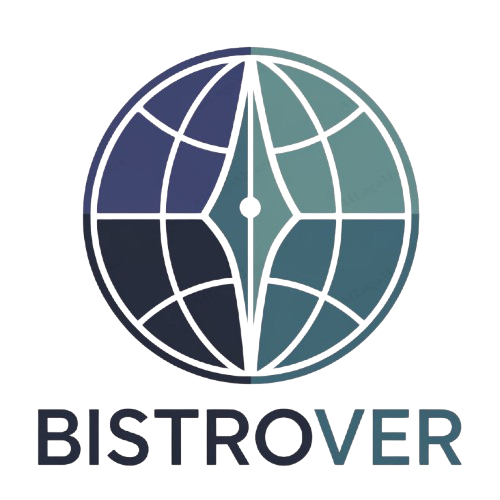The Role of Consultants in RAP Execution and Community Engagement
Reconciliation Action Plans (RAPs) have become an essential aspect of fostering positive relationships between organisations and Indigenous communities. But what role do specialised consultants play in this process? How can they assist in creating meaningful connections and ensuring the successful implementation of RAP initiatives?
Reconciliation action plan consultants contribute significantly to the development and execution of RAPs by offering guidance and strategic insights. Organisations can achieve their goals through their expertise while honouring Indigenous cultures and traditions. By working closely with these experts, businesses can foster community engagement and create impactful, sustainable partnerships.
1. Strategic Guidance for Developing a Clear Framework
The success of a RAP often begins with a well-defined framework that outlines the organisation’s goals and objectives. Consultants play a critical role in shaping this framework by providing strategic advice tailored to the specific needs of the business. This includes defining realistic goals, setting measurable targets, and establishing timelines that support progress.
Consultants also ensure that the plan aligns with the organisation’s values and capabilities. By focusing on inclusivity and respect, they help businesses build a solid foundation for engagement with Indigenous communities. This approach creates a structured plan that promotes genuine relationships and facilitates progress.
2. Cultural Awareness and Sensitivity Training
A crucial component of RAP execution involves fostering cultural understanding within the organisation. Consultants offer training programs that educate employees about Indigenous history, values, and traditions. These sessions not only promote awareness but also encourage empathy and respect for diverse perspectives.
Through these initiatives, consultants help create an inclusive workplace culture where all individuals feel valued. By promoting knowledge of Indigenous cultures, they enable employees to approach community engagement with sensitivity and respect. Cultural training is vital for building strong relationships and ensuring that interactions are grounded in mutual understanding.
3. Building Genuine Relationships with Indigenous Communities
Consultants act as intermediaries who facilitate meaningful connections between organisations and Indigenous groups. They have the skills and knowledge to engage with communities effectively, establishing trust and ensuring that the partnership benefits all parties involved. This relationship-building process is essential for creating long-term connections that extend beyond the completion of the RAP.
By understanding the specific needs and values of Indigenous communities, consultants can guide organisations in designing initiatives that align with local priorities. This process encourages collaboration, enabling both the organisation and the community to work together toward shared goals.
4. Monitoring Progress and Ensuring Accountability
Executing an RAP requires ongoing assessment to track progress and ensure that goals are met. Consultants provide valuable support by establishing monitoring processes that assess the plan’s effectiveness. This includes setting up regular reviews, collecting feedback, and adjusting strategies as necessary to ensure the RAP remains on track.
Consultants also help organisations maintain accountability by developing reporting mechanisms that document progress. Transparent reporting not only demonstrates the organisation’s commitment to its RAP but also helps build trust with Indigenous communities. By keeping all stakeholders informed, consultants contribute to the plan’s success and longevity.
5. Implementing Initiatives that Foster Collaboration
One of the most valuable contributions consultants make to a RAP is helping organisations implement initiatives that foster collaboration. These initiatives can range from employment programs and cultural events to procurement policies that support Indigenous businesses. Consultants guide businesses in selecting and executing initiatives that are both practical and impactful.
When designing these programs, consultants consider the unique strengths and resources of the organisation, ensuring that each initiative is feasible and sustainable. By focusing on collaborative efforts, they help create opportunities for Indigenous individuals and businesses, promoting economic growth and social cohesion.
Reconciliation action plan consultants are instrumental in guiding organisations through the process of fostering meaningful community engagement. By offering strategic guidance, cultural training, and ongoing support, they help businesses navigate the complexities of RAP execution. Engaging these experts strengthens partnerships with Indigenous communities and contributes to a broader understanding of the value of reconciliation.







